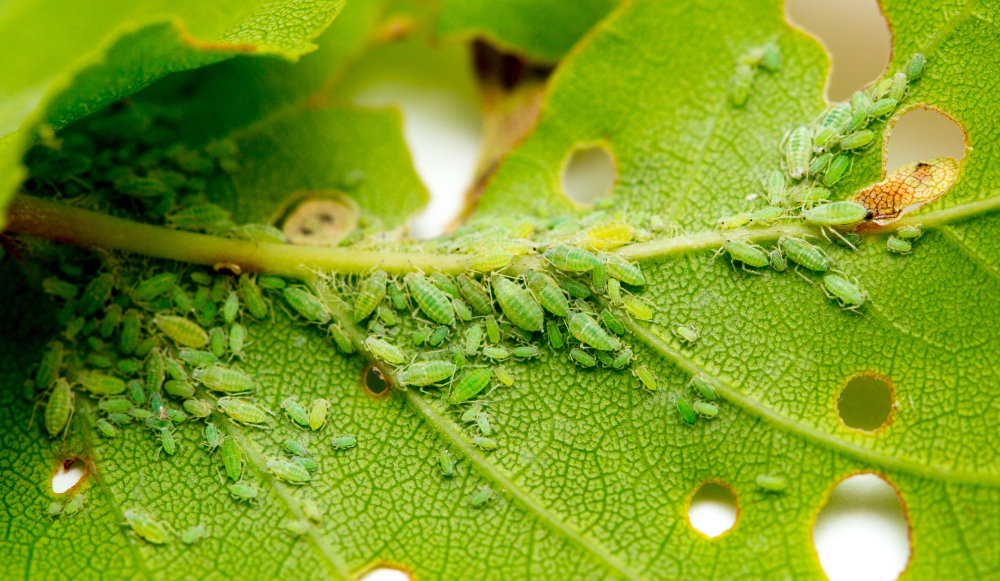
The Ultimate Guide to Natural Aphid Control in Tomato Plants
Share
Introduction for Understanding Aphids and Their Threat to Tomato Plants.
Aphids are tiny, sap-sucking insects that can wreak havoc on tomato plants. They reproduce rapidly, feeding on plant juices and secreting honeydew, which attracts ants and promotes the growth of mold. Identifying aphid infestations early is crucial to prevent significant damage to your tomato plant.

Natural Methods for Controlling Aphids in Tomato Plants
Companion Planting for Aphid Control: Certain plants, like marigolds and basil, can repel aphids and attract beneficial insects to your garden.
Homemade Aphid Repellent Sprays: Create a DIY spray using a mixture of water, dish soap, and garlic to deter aphids from infesting your tomato plants.
Attracting Beneficial Insects: Ladybugs, lacewings, and parasitic wasps are natural predators of aphids. Planting flowers like dill and fennel can help attract these beneficial insects to your garden.

Cultural Practices to Prevent Aphid Infestations in Tomato Plants.
Proper Watering and Fertilization: Avoid overwatering your tomato plants, as this can create a favorable environment for aphids. Fertilize your plants moderately to promote healthy growth.
Pruning and Mulching Techniques: Regularly prune affected parts of the plant and apply mulch around the base to discourage aphids from settling in.
Crop Rotation for Aphid Prevention: Rotate your tomato plants with crops that are not aphid-prone (Moringa glory, Potato, Tobacco) to disrupt the reproductive cycle of these pests.
Organic Pesticides for Aphid Control in Tomato Plants
Neem Oil: Neem oil is an effective natural pesticide that disrupts aphids' feeding habits and prevents them from reproducing.

Insecticidal Soap: Soap-based sprays suffocate aphids on contact without harming beneficial insects in your garden.
Diatomaceous Earth: This powdery substance works by dehydrating aphids and other soft-bodied pests, making it a safe and organic option for controlling infestations.

Monitoring and Maintaining Aphid Control in Tomato Plants
Regular Inspections of Tomato Plants: Check your tomato plants frequently for signs of aphid infestations, such as curled leaves and sticky residue.
Keeping Track of Natural Aphid Predators: Encourage the presence of ladybugs and other aphid predators in your garden by providing a diverse habitat for beneficial insects.
Reevaluating and Adjusting Control Methods: If you notice a resurgence of aphids, revisit your control strategies and make necessary adjustments to keep them at bay.
Conclusion
This comprehensive guide provides you with everything you need to know about controlling aphids in your tomato plants naturally. From understanding aphids and their threats to implementing cultural practices and organic pesticides, you can effectively keep your tomato plants healthy and aphid-free.
FAQs:
Are aphids harmful to tomato plants?
What are the signs of aphid infestations in tomato plants?
How often should I apply natural aphid control methods in my tomato plants?
